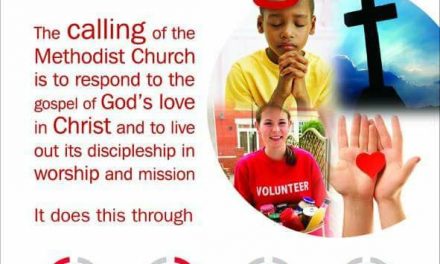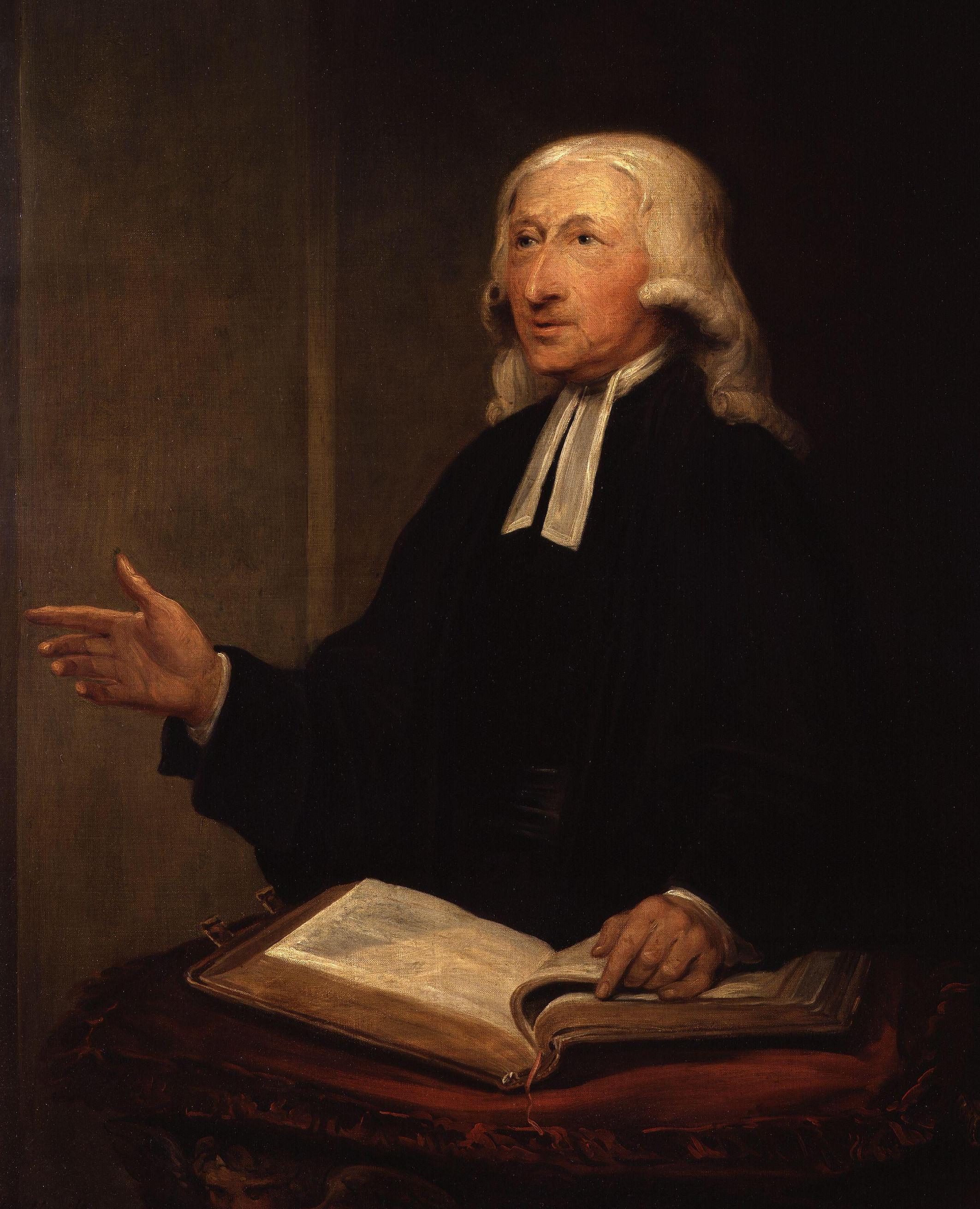Early Methodism as a movement grew out of the Church of England as a renewing mission, preaching, and evangelism order ‘within wider Christian life than as a church.’ In the beginning, Methodism could be likened to ‘the Franciscans, who formed a movement within the medieval European church and not a separate denomination.’ Sadly, it was only a matter of time before Wesley’s followers would seek separation from the Church of England, which had a tradition of suppressing overly exuberant expressions of faith. [1] The danger is that we continue to hinder God’s mission and evangelism in order maintain our structure or to be politically correct by ‘suppressing overly exuberant expressions o faith.’
Methodism as a renewing migratory Christianity[2] since the eighteenth century spread throughout the British Empire through Whitefield’s preaching during what historians call the First Great Awakening in colonial America,[3] Africa, and beyond. On the invitation of Evangelist George Whitefield in 1739 to minister to the miners in the Kingswood district, John Wesley noted “this strange way of preaching in the fields” (Journal, March 31, 1739). On Sunday, May 1, 1739, at around four in the afternoon, using his words, Wesley had “proclaimed in the highways the glad tidings of salvation” to about 3,000 people. Wesley’s action troubled some people, and in response to some expressed concern, Wesley said, in a letter dated June 11, 1739: “I have now no parish of my own, nor probably ever shall. … I look upon all the world as my parish. … This is the work I know God has called me to do, and I am sure that His blessing attends it.” The lesson is that growing from a sect to a global movement may become a global movement declining to sects before coming alive again as a global movement.
Methodism was a more lasting but now declining Wesleyan, Primitive, and Arminian phases of development. Methodism, in the beginning, was about having a vision and finding the mission foot-holes one by one to make it happen. Methodism, in the beginning, was not about colonisation of others but the incarnation of Christ in a world of sin through converting souls and reawakening the world as our parish.
Methodism is declining in Western Europe, North America, and other parts of the world today. Methodism is declining and experiencing significant doctrinal and mission drift away from the foundation laid by our Father, John Wesley. The good news is that Christianity, including Methodism, is growing in other places, at a rapid pace, for example, in Africa and South Korea. In these new places, it often takes shapes that diverge from its roots.[4]
A religious Camp meeting, Mow Cop, led by Hugh Bourne and William Clowes on May 31, 1807, as a North Midlands sect to a national movement, provides lessons for us today across the world as our parish. The religious camp meeting that developed into Primitive Methodism points to the mission as God’s work that transcends human initiatives or boundary control. The emergence of Primitive Methodism suggests a missional response to the Wesleyan Methodist church’s missional and doctrinal drifts. In such a precarious global context in which human efforts are dividing and failing, the model of a North Midlands sect to a national renewal movement and mission can potentially address the decline of contemporary Methodism in a precarious world.
To locate Methodism in our wounded and divided world calls for a renewing mutual partnership of mission and evangelism with others. Today’s globalised and urban world calls for decolonized contemporary Methodism that stresses the New Testament grounds for the mission without borders multicultural awakening passion for evangelism and church planting, especially in Europe. For Methodism to recover, the pure lost consciousness of its evangelical origin goes beyond controlling and dictating to others. The formation of the Primitive Methodist church as a new community revives the ideal and instinct of genuine and effective evangelism in contrast to the drifting and declining Wesleyan church as a global movement. To reach the masses of the people in our wounded and divided world and churches calls for a providential means of mission without border or human boundaries that recognise and respect individual cultural identity and practices.
The face of the world’s mission and leadership are changing. There is no fixed center for Methodism, just as ‘each new point in the Christian circumference (is a) new potential Christian center.’ [5] Example of a sect Primitive Methodist Society set in a different rural backwater was with “mighty muscles” concerning outreach. One can remember the example of the 1830 New Mills circuit plan with the strategy that used the village base to capture the town for the Gospel with open-air engagement, thereby creating new outposts. The lesson for Methodism today, especially on church planting, is about moving from one base to another and building numerical and spiritual strength while targeting new communities. God is doing something new beyond human self-affirmation and blindness to the truth of God’s Word. Contemporary Methodism must be part of that new thing, to ‘take the liberating Gospel of Jesus Christ beyond the walls of the church to our Jerusalem, Samaria, and to the ends of the earth.’
[1] https://rlo.acton.org/archives/124330-john-wesley-the-world-is-my-parish.html
[2] Hanciles, Jehu, “Migration and Mission: Some Implications for the Twenty-first century Church” International Bulletin of Missionary Research 27 (October 2003), pp 146-153
[3] Tucker, Karen B. Westerfield, ‘”Wesleyan”? “Wesleyan Tradition”? Worship and Liturgical Practices Among the Spiritual Descendants of John and Charles Wesley,’ in Wesleyan Theological Journal, Volume 53, Number 2, Fall 2018, pp. 30-53.
[4] Jenkins, Philip, The Next Christendom: The Coming of Global Christianity (New York: Oxford Press, 2002).
[5] Walls, Andrew F, “Culture and Coherence in Christian History,” The Missionary Movement in Christian History: Studies in the Transmission of Faith (Maryknoll, N.Y: Orbis Books, 1996), p. 22











Recent Comments